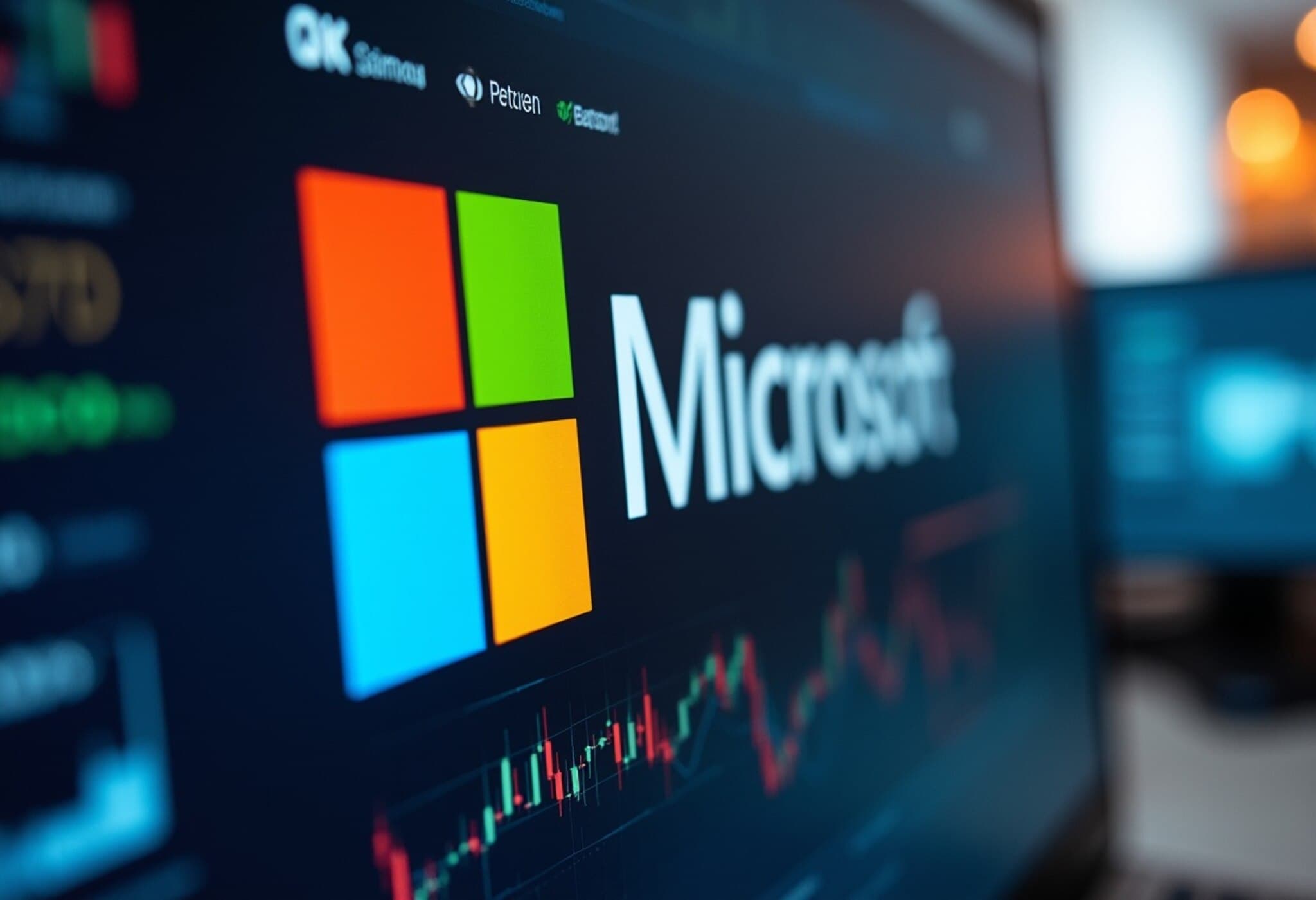Market Overview: Record Gains Spark Caution on Overbought Stocks
The U.S. stock market enjoyed a robust performance this week, with major indexes hitting new records amid encouraging corporate earnings and positive trade developments. The S&P 500 surged 1.5%, achieving its fifth record close of the week and extending its tally to 14 record closes so far this year. Meanwhile, the Dow Jones Industrial Average climbed 1.3% and the Nasdaq Composite increased by 1%.
Understanding Overbought Stocks: What Does the RSI Tell Us?
Despite the enthusiasm, analysts warn that certain stocks could be overheated after their recent rallies. The 14-day Relative Strength Index (RSI) is a widely used technical indicator that helps investors assess whether a stock is overbought or oversold. An RSI above 70 suggests that a security is overbought and might be due for a pullback, while an RSI below 30 indicates it may be oversold and could rebound.
Noteworthy Overbought Stocks After This Week’s Rally
Using the CNBC Pro stock screener, several stocks stand out as potentially overbought due to sharp gains, each rising over 5% during the week:
- Advanced Micro Devices (AMD): The chipmaker’s shares jumped 6%, with an RSI nearing 77. AMD’s recent announcement to resume shipments of its MI308 AI chips to China—contingent on U.S. Commerce Department approvals—helped fuel investor enthusiasm.
- Northrop Grumman (NOC): Rising 9.8%, Northrop Grumman reported better-than-expected second-quarter revenue and raised its full-year guidance. CEO Kathy Warden highlighted the promising future of the B-21 stealth bomber program, which could account for over 10% of the company's revenue eventually. The stock’s RSI stands around 73.
- GE Vernova: Up approximately 12%, buoyed by strong Q2 earnings that prompted major banks like Citi and Bank of America to raise their price targets. GE Vernova's RSI indicates overbought conditions as well.
- Other names in this category include Block and Newmont, both reflecting strong gains but potentially facing volatility ahead.
Stocks Signaling Potential Oversold Conditions
Conversely, some blue-chip firms may be undervalued after disappointing results or market reactions, presenting potential buying opportunities if conditions improve:
- International Business Machines (IBM): Shares tumbled over 9% after the company reported second-quarter software revenue below expectations, despite beating overall earnings and revenue forecasts. IBM now has an RSI near 26, suggesting it might be oversold.
- Philip Morris International: The tobacco giant’s shares dropped almost 10% amid weaker-than-expected Q2 revenue and sluggish sales in its Zyn nicotine pouch segment. The stock holds an RSI around 29.
- Texas Instruments: Also among the oversold group, though details on its recent performance warrant closer investor attention.
Contextual Insights: Navigating Market Momentum in 2025
Investors increasingly face the challenge of balancing optimism from solid earnings and trade progress against the technical realities of stretched valuations. Overbought conditions on key stocks often signal heightened volatility risks, especially for sectors sensitive to geopolitical shifts and regulatory scrutiny, such as semiconductors and defense.
From an American policy perspective, AMD’s potential resumption of chip exports to China underscores ongoing tensions in U.S.-China tech relations. The Commerce Department's licensing decisions could materially impact the semiconductor industry, a sector viewed as critical for national security and economic competitiveness.
Meanwhile, defense contractors like Northrop Grumman continue to benefit from sustained government spending on next-generation military technology, highlighting the strategic interplay between corporate performance and federal budget priorities.
Key Takeaways for Investors
- Monitor RSI trends as a barometer for potential stock pullbacks or rebounds.
- Review company fundamentals and broader economic context before making trading decisions, especially in overheated sectors.
- Stay alert to geopolitical and policy developments that can abruptly shift market dynamics, particularly in tech and defense.
Editor’s Note
As markets hit fresh highs, the temptation to chase hot stocks grows. Yet, technical signals like the RSI remind us to proceed with caution. Are these rallies sustainable, or are some stocks primed for a correction? Moreover, how will evolving U.S. trade policies and defense spending shape corporate trajectories moving forward? Vigilant investors will balance optimism with prudence, leveraging both quantitative indicators and qualitative insights to navigate this dynamic landscape.



















